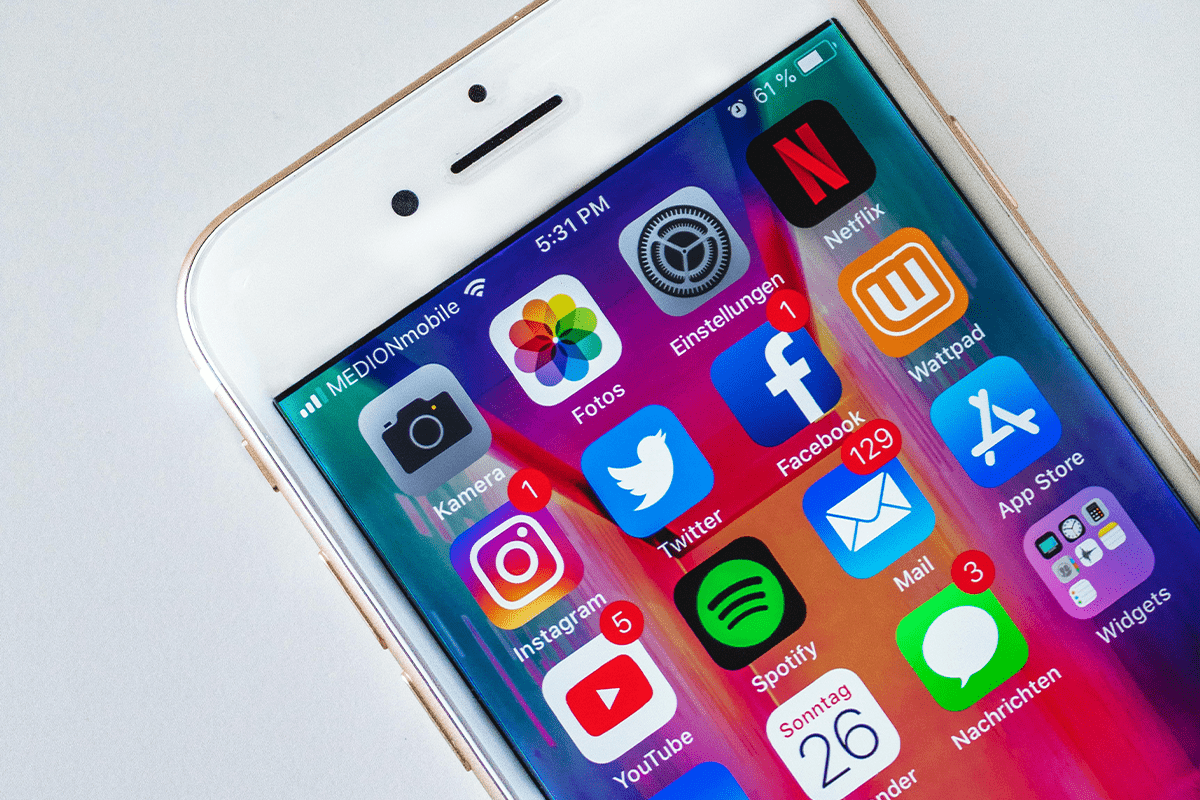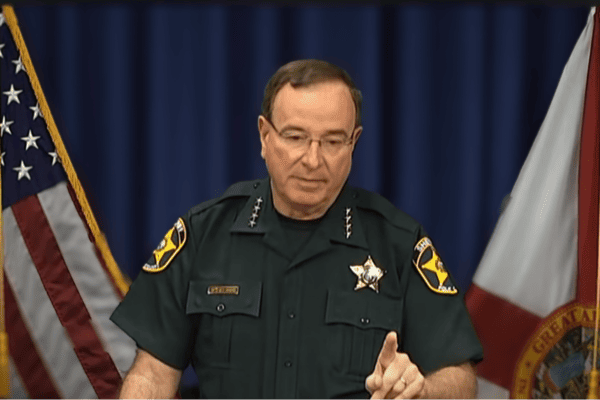House unanimously backs restricting social media, cell phone use in public schools

TALLAHASSEE, Fla. (FLV) – Legislation to restrict social media and cell phone use in public schools passed through the Florida House 110-0 Friday.
The bill will restrict access to social media websites on school district networks and district owned devices.
It will also ban TikTok on district-owned devices or “as a platform used to communicate or promote any district school, school-sponsored club, extracurricular organization, or athletic team.”
The bill was carried by Rep. Brad Yeager, R-New Port Richey. A related bill is being carried in the Senate by Sen. Danny Burgess, R-Zephyrhills, and was placed on the calendar for Senators to consider this week.
“This bill is the first step to disconnect kids from these devices at school and to also create a focused learning environment for our children in the classroom,” Yeager said.
Teachers are also given the authority to designate an area for wireless communications devices during instructional time, and prohibit the use of wireless devices during instructional time.
The bill sponsor said research shows an increase in performance in the classroom when these devices are removed from the students.
The bill requires a district school board to ban any device used by a student from accessing a website, application, or software that does not have an internet safety policy.
The safety policy must address access by minors to inappropriate content and restricting access to such content, safety and security of minors using district electronic communications, unauthorized access by minors to data or information, and unauthorized disclosure, use, or dissemination of a minors’ personal information.
Additionally, students in grades six through 12 must receive instruction on the social, emotional, and physical effects of social media.
The instruction must include information on the negative effects of social media on mental health, how to maintain personal security and identify cyberbullying, predatory behavior, human trafficking, how to report suspicious behavior online, and more.
The Department of Education must make the instructional materials used to provide this instruction available online and a district school board must notify parents of the material’s availability.
Rep. Anna Eskamani, D-Orlando, seemed to oppose the bill in debate, but ultimately voted in favor of it.
“There’s been a lot of politicization of websites that I would that I think many parents would say are fine. And these are specifically websites that talk about bullying in the context of LGBTQ plus kids, and so we see some of these websites that have, for example, suicide hotlines, and means to save kids lives that some have politicized,” she said.
“I really hope that parts of this bill are not used in a way to censor access to resources that actually can be really helpful to kids, especially if they are contemplating things like suicide, or experiencing bullying, so I just want to put that on the record,” Eskamani said.
In closing, Yeager addressed Eskamani’s comments and said this is the same language as the Children’s Internet Protection Act in the federal government, so it will “make it through with that already language already being in there.”
“We’re gonna bring low achievers and bring them up twice as much as high achievers in a classroom by creating this learning environment for our students,” Yeager said in closing.
The bill has an effective date of July 1.



